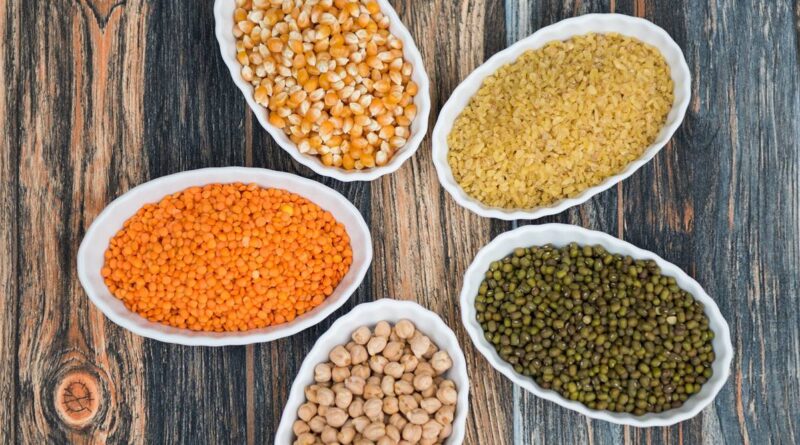Demand dips after rise in rates of locally processed pulses
The subdued demand for pulses, attributed to the uncompetitive prices, has compelled dal mills to operate at partial capacity, despite the approaching demand period.
The consumption of pulses typically goes up during the winter and festive seasons. But, dal millers have reported that the elevated prices of locally processed pulses have led to a decline in demand from both local and outstation markets.
Dinesh Agrawal, the secretary of the All India Dal Mill Association, stated, “Gujarat, Rajasthan, and Maharashtra have captured a significant share of our markets due to the comparatively lower prices of dals processed in these states compared to Madhya Pradesh. This price disparity is a consequence of the mandi tax imposed by the MP government.”
Agrawal further elaborated that the high prices and escalating operating costs have resulted in a reduction of demand for locally processed dals by more than 40 percent.
The association has been persistently advocating for a reduction in the mandi tax from the current 1.20 percent levied on pulses procured from other states for processing purposes.
Dal millers have reported a low demand across all types of pulses but anticipate an uptick in the forthcoming months due to the festive season.
The period from December to March is considered the peak dal processing period, coinciding with the arrival of the new season’s harvest in the market.
Madhya Pradesh is a prominent hub for dal mills, with approximately 700 dal mills located in the state, of which 160 are situated in Indore.
The new season’s pulses are anticipated to arrive in the markets by September and October. Industry players are optimistic about an adequate availability of pulses in the new season, owing to the expectation of a good crop yield.
Industry players also anticipate that the recent rainfall is likely to support the growth of the kharif crops.
This article has been republished from The Times of India.

